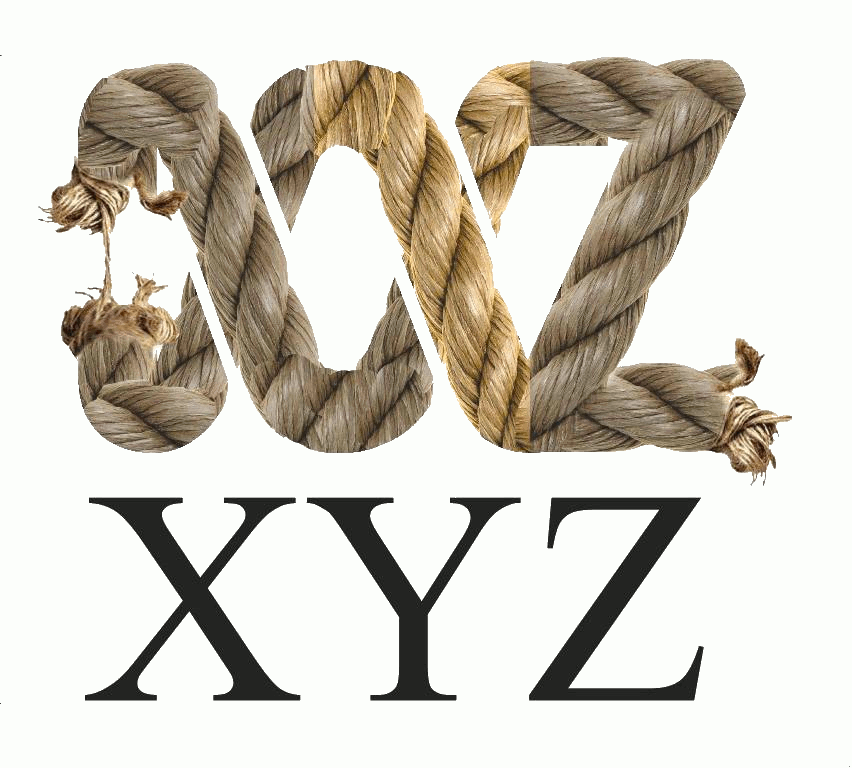Today is the 70th anniversary of the dropping of the Hiroshima atomic bomb, combined with the bombing of Nagasaki, these events brought about the surrender of the Japanese and the end of the Second World War in 1945.
The bombing of the cities caused the deaths of 90,000-166,000 in Hiroshima and 39,000-80,000 in Nagasaki over the first 2 to 4 months.
Ever since I was a child, there has been a sense of vexation amongst some people, particularly of the younger generations, over the necessity of these bombings. Some have postulated that the bombings were not necessary, as the Japanese were poised to surrender. Others contend that the war could’ve dragged on another year or longer.
 Professor of History at the United States’ Notre Dame university, Dr Wilson Miscamble (who also happens to be a Catholic priest) says that as the years have passed, the controversy, and criticism over the bombing has only intensified.
Professor of History at the United States’ Notre Dame university, Dr Wilson Miscamble (who also happens to be a Catholic priest) says that as the years have passed, the controversy, and criticism over the bombing has only intensified.
Dr Miscamble argues that the criticism of the bombing has come off the back of limited historical knowledge, and of the circumstances that the allied leaders faced. This flawed understanding of history assumes that the United States carried out the bombing to intimidate the Soviet Union, as the Cold War began. However, Dr Miscamble argues that the bombings were carried out on military targets, and were intended to avoid a full scale land invasion which would have result in a much greater number of casualties and deaths on both sides. Dr Miscamble elaborates in this video produced by Prager University:
The casualties and deaths caused by the atomic bombing are a tragedy, and I sincerely hope that such a bombing is not necessary again. Yet amongst all the options available, the bombing of Hiroshima and Nagasaki stands as the least “awful option.”
As philosophers have said before; we don’t always have a choice between good and bad. Sometimes the options are between bad and worse.
This was sadly the case with the bombing of Hiroshima and Nagasaki.










